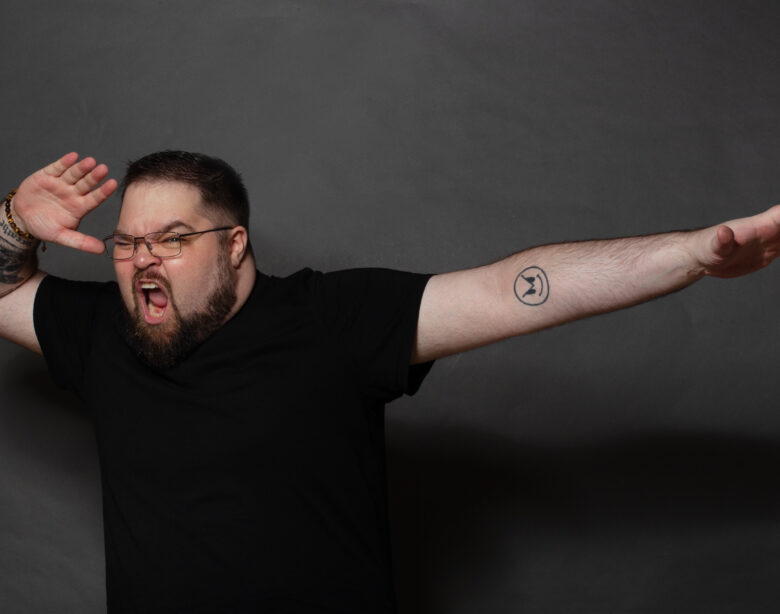Brett Magill discusses gaming, its potential for fostering toxicity and the example that experienced gamers are required to set
Brett Magill, 32, has been gaming since before his hands could reach either side of the keyboard. His mother used to play games like Warcraft 1 and he would sit on her lap and she’d let him press the space bar to open doors. As he grew and could reach the keys on the keyboard, she would press the space bar while he played most of the game.
“I’ve been playing games my entire life. But, over time life happens and we don’t always have the opportunity to play games. I think what I realised later in life is that it was it became more of a need because gaming provides an escape. I think a good example of this is Doom, my favourite game because it plays a lot into the power fantasy. These days a lot of people may feel a lack power in their daily life and Doom gives that to them. Of course, the psychology of gaming is still a developing field,” said Magill, who added, “a newer genre of games, called cosy games is on the other end of the spectrum where it allows users or gamers to look after pets or look after farms where they’re able to live out an experience where they feel like they are contributing to something where in their real life, they may not feel that way.”
As time has passed and he has grown, Magill uses gaming for entertainment, stress management, and self-expression. “I think another area of gaming to look at is mental health. I come from a generation of young boys that were brought up by men who were the product of their time. Globally, my generation was raised by men who were raised to behave in a very toxic way. By that I mean they couldn’t admit to not feeling okay. I think a lot of guys in my age group are starting to realise it’s okay to feel.”
He explained that gaming, for many men when they were younger, created a space where it wasn’t about all of the emotions they weren’t allowed to express, which he said is where toxic gaming comes in. “Before guys could call each other the foulest things in the universe because they’re not able to otherwise and it was anonymous. Now, we’re all older and we have youngsters, who are behaving in the same way, and it’s not okay. I’m not talking about smack talk, that’s different. I’m talking about abuse and the aspects of toxic gaming where people don’t want to be called gamers anymore because they don’t want to be associated with that kind of culture,” he said.
Magill strongly maintains that gaming is a beautiful thing, in part because of the aforementioned escape it provides, but also because it can provide a space where younger gamers can grow and come out of their shells and discover parts of themselves that they never knew. However, in terms of addressing toxic behaviour, he stressed that the gaming community is neither the entire solution, nor is it therapy – though thankfully it seems to be more socially acceptable for men to seek out the latter.
When it comes to his generation and what it means to be a responsible man in the traditional sense Magill said there is an onus on older players to call out abuse they see happening online by saying that behaviour is uncalled for and either invite those gamers to leave the lobby and play elsewhere or, a better
approach, message them directly.
“It’s about setting the example as men to the younger generation of boys and men who are coming up
so that we can break the cycle of not just toxic masculinity but toxic gaming. Let’s try a little bit better next time and have that standard and hold ourselves accountable to that standard,” he said.
This article appeared in Issue 002 – the Men’s Edition





